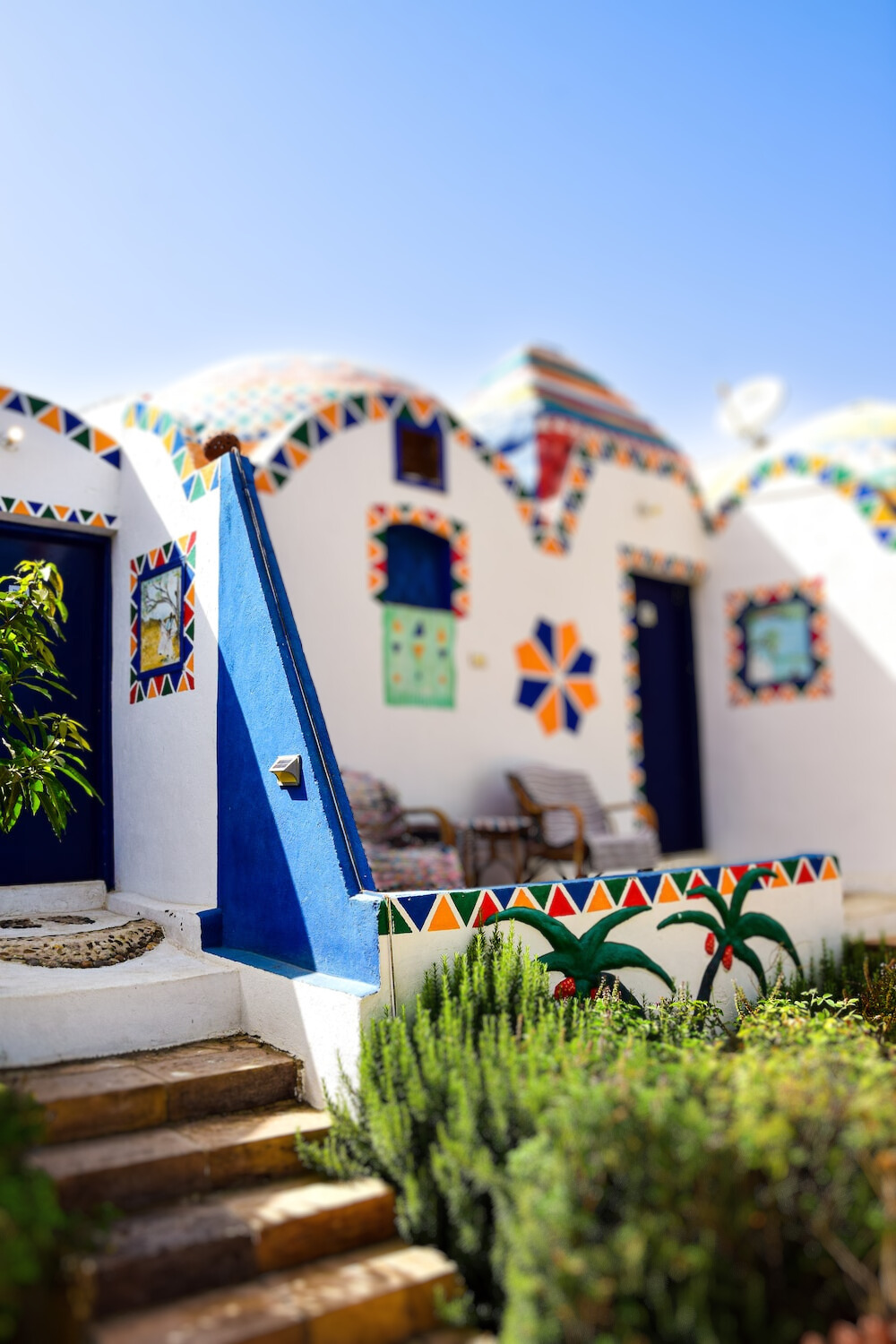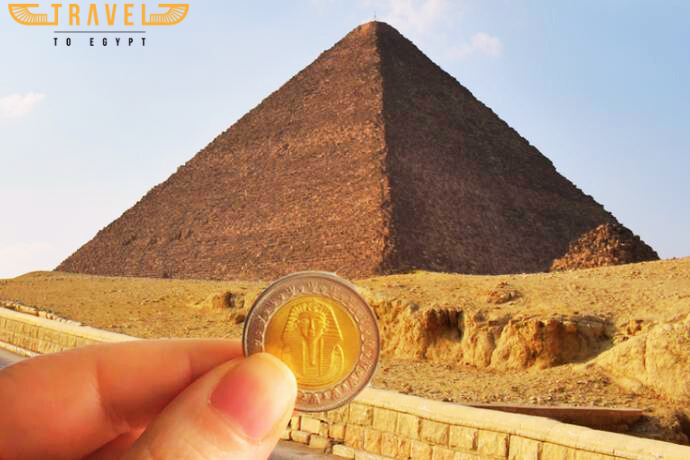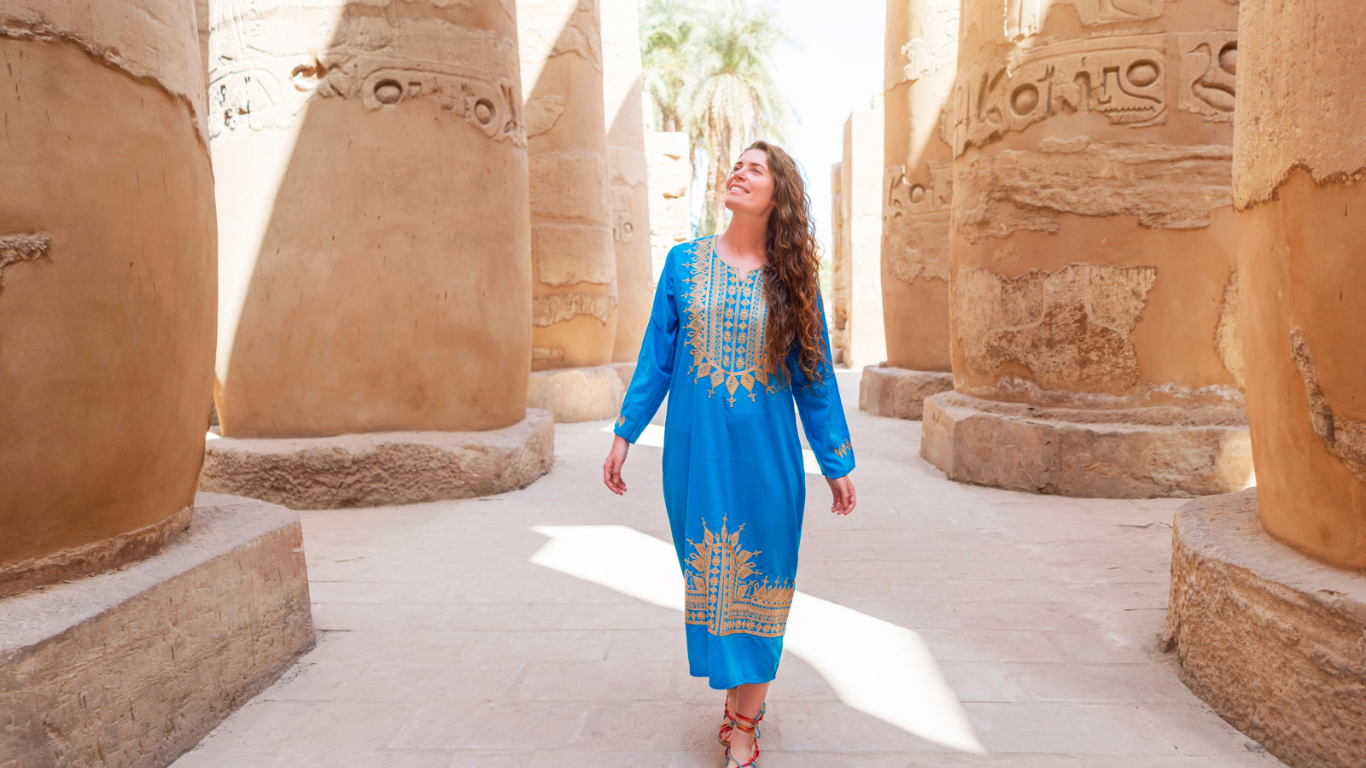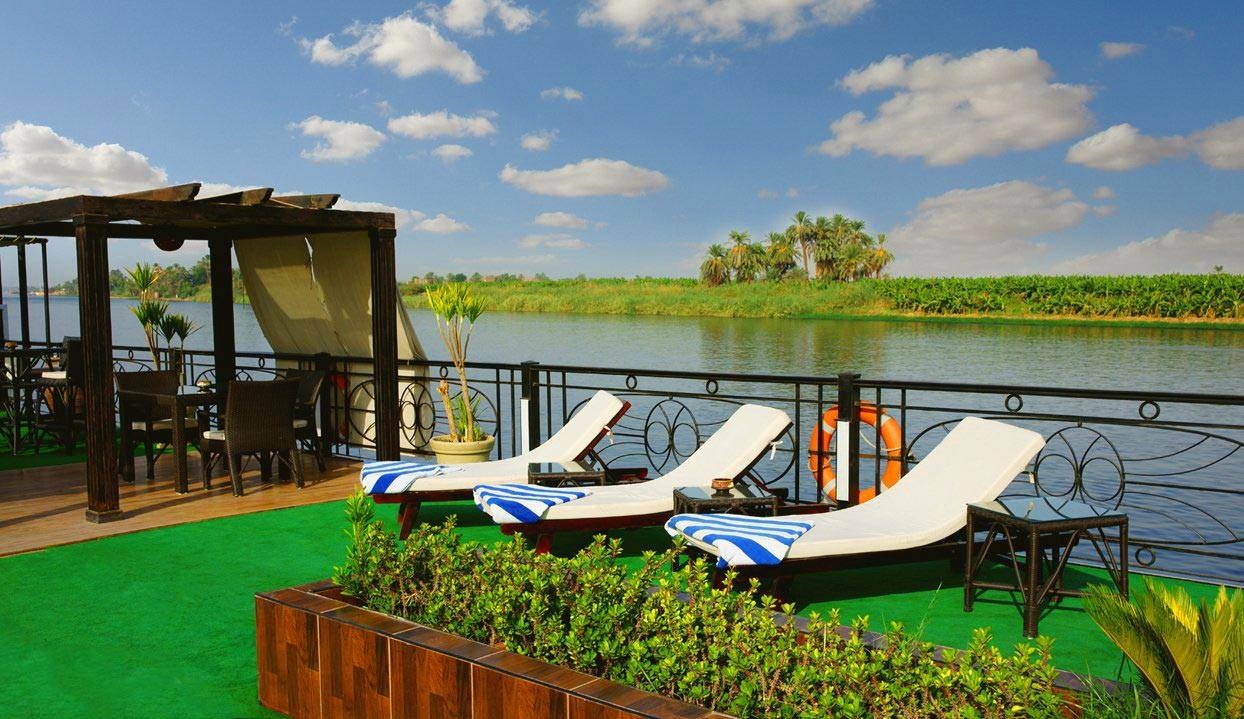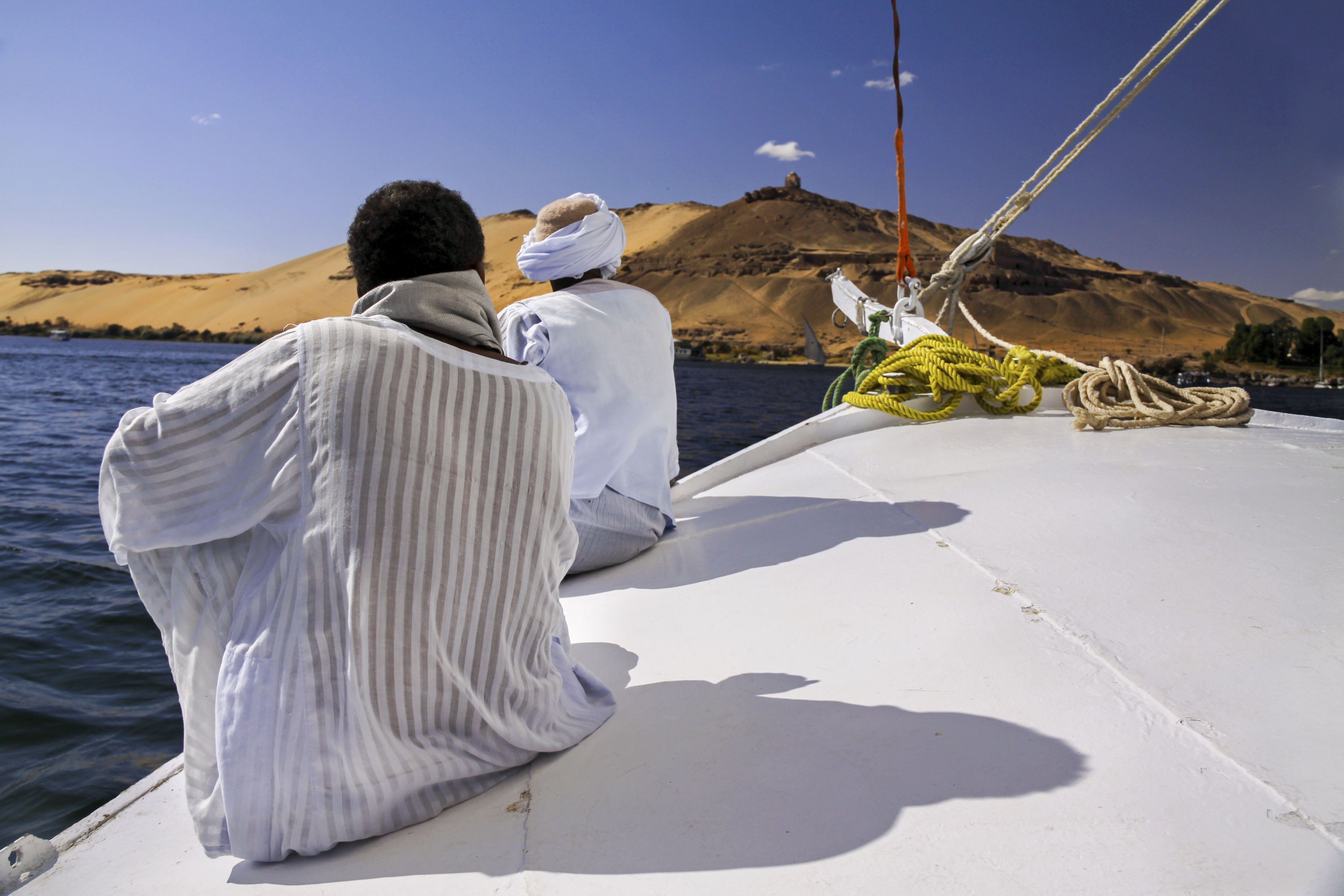- Shoroq Samir
modern Egypt
The differentiation of verifiable layers that range from Ancient Egypt to the Roman Empire, Islamic traditions to the advanced history of Egypt is the thing that you'll discover in modern Egypt today. In Cairo and the vast majority of the Egypt's significant urban communities, you'll discover high rises, roadways, worldwide inns, cafés, mass promoting, western garments, nearby attire, antiquated landmarks, authentic mosques, Coptic holy places, and customary souks; all mixing together into the one of a kind mosaic that is present day Egypt. Over the previous decade, Egypt has developed to turn into the advanced center point of Africa; the nation flaunts various airports, ports, marinas and significant urban areas are associated through a system of recently constructed roadways.
Modern Egypt
Visit the significant accomplishments of present day Egyptian designs. for example, Aswan High Dam, Bibliotheca Alexandria and contemporary craftsmanship historical centers. All of these are modern Egypt structures.
Most Egyptians live in apartment buildings. Only the wealthy can afford to live in free-standing houses because space is difficult to find. Men and women usually live at home with their parents until they get married. Traditionally, big families lived together.
Apartments usually have one large room in the front - the living room, where the family entertains guests. Guests who are not relatives are generally not permitted back into the rest of the house. Traditionally, women would remain in the back of the house and not come into the living room if someone who was not a close friend or family visited, although this is less common now. It is, however, considered inappropriate for a woman and man who are not married or related to be alone together.
Because the majority of people in Egypt are Muslim, Egyptian government offices and business observe Friday as the week end holiday. Many government offices are open Sunday through Thursday, and most universities and some private schools also hold classes Sunday through Thursday, and are closed Friday and Saturday. However, most primary and secondary schools usually meet for about six hours a day Saturday through Thursday, with only Friday off. Egypt receives more tourists during seasonal holidays of christmas and new year. Eater holidays in Egypt are highly requested as well in which Nile river cruise are always booked out.
Modern Egypt holidays
Wide range of Egyptian citizens are Christians, which means that all of Christianity holidays are celebrated and declared as official holidays. In Easter, you'll find most of the Egyptian going out in a picnic coloring Easter Eggs. In Christmas, most of the malls and downtown are decorated with Christmas trees and lights. Muslims holiday are mainly celebrated in Eid Al fatr right after Ramadan month when muslims feast and practice religious traditions.
Modern Egypt food
Food in Egypt gets changes according to weather, history, and religion and has been exposed to various impacts throughout the hundreds of years. Everything from Persian, Greek, Turkish, Arabic, and other culinary impacts have taken part in forming what we know today as Egyptian nourishment.
Moreover, cuisine of other Arabic nations in the Middle East, for example, Lebanon, Syria, and Palestine and other North African nations have shaped the Egyptian palette.
The impacts shift the nation over. In Aswan you will see the impact of Nubian culture and North Africa. In Alexandria there is an enormous Mediterranean impact. An additional component to Egyptian cooking is that individuals in various pieces of the nation have a desire for to some degree contrasting nourishment. These distinctions are especially observable between the north and the south whereby in the north you will discover various fish based dishes while fiery nourishment is normal in the south
